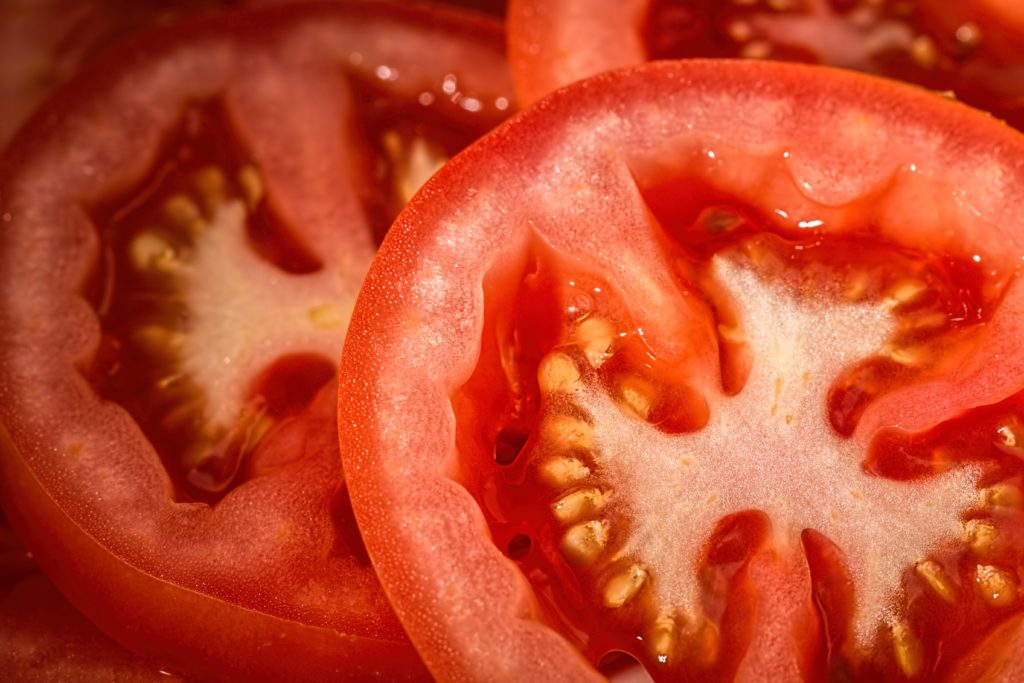Author: Greg Gnepper
Issue: May 25, 2018
On May 10, we marked the 125-year anniversary of Nix v. Hedden, 149 U.S. 304 (1893). In this historic decision, the United States Supreme Court gave its definitive answer to an age-old question: Are tomatoes considered fruits or vegetables?
The case started when Congress passed the Tariff Act of 1883, which imposed a tax on imported vegetables. Mr. Nix sued the port authority for assessing the tax on his tomatoes. He cited botanical classifications and noted that tomatoes grow on vines and contain seeds—like fruit. The port authority focused on common parlance, emphasizing that tomatoes are served with dinner and never as dessert. The nation was hotly divided.
In a unanimous opinion authored by Justice Gray, the Supreme Court concluded that tomatoes are vegetables. The ruling had long-lasting implications going far beyond the Tariff Act. Still today, children rely on this authority in arguing that consuming tomatoes (even ketchup) satisfies their daily vegetable quotas.
The resulting outcry dissuaded the Supreme Court from opining on subsequent debates of food taxonomy; it famously declined to say whether a hot dog fits the definition of a sandwich. In fact, many have lamented that the Court, since Nix v. Hedden, has generally shied away from all controversial subjects. The justices have focused instead on mundane issues such as religious freedom, healthcare, and presidential elections. Next term, however, pundits expect that to change, with the Court possibly deciding whether the infamous recording says “laurel” or “yanny.”





